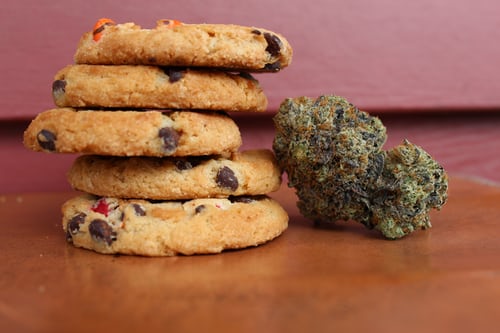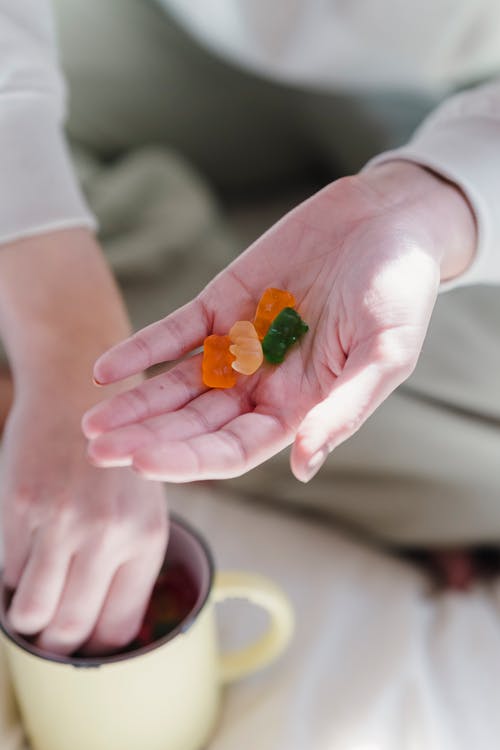Poison control center data shows an increase in child cannabis poisonings.
A new study published in the journal JAMA Network Open, which examined calls to poison control centers in the timespan between January 2017 to December 2019 showed children are at increased risk of accidental poisoning from marijuana edibles and other products made from cannabis. The majority of calls involving children under ten years old involved poisoning related to concentrates, extracts, beverages, vape juice and edibles. “The largest proportion of those calls involved edibles (36.6%),” the study found.
“It’s a trend that pediatricians and emergency room doctors have seen over the years as more and more states legalize marijuana,” said Dr. Brian Johnston, an executive committee member of the American Academy of Pediatrics’ Council on Injury, Violence and Poisoning Prevention and a professor of pediatrics at the University of Washington. He was not involved with the study. “Children are especially vulnerable to poisoning by cannabis in edible products. These products look like cookies, brownies, gummies, candy, or soda. Many are even intentionally packaged to resemble popular sweets.”

These products can have “higher levels of tetrahydrocannabinol (THC) than unprocessed cannabis plant materials,” the study found. When ingested, they can cause troubling short-term effects, such as “cognitive and psychomotor impairment.”
Johnston added, “Despite their ordinary appearance, a single cannabis cookie or candy bar can contain several times the recommended adult dose of THC. Anyone who eats one of these products – especially a child –can experience overdose effects such as intoxication, altered perception, anxiety, panic, paranoia, dizziness, weakness, slurred speech, poor coordination, or even breathing and heart problems.”
More calls to poison control centers related to marijuana occurred in states that have legalized cannabis in recent years. “Higher rates in legal states suggest that continued increases may be expected with adult cannabis use legalization in more states,” wrote the researchers. “In addition, manufacturers may develop even more novel products, which could present additional health risks.”
Johnston encourages parents and caregivers to avoid accidental exposure by not buying products that can easily be mistaken for candy or other sweets, and to ensure children are not going into homes that have these products out in the open and readily available. He suggests leaving edibles in their original packaging with the warning labels evident. This way, adults who see the products will be able to read the labeling and keep them away from minors.
“Pediatricians believe that, if cannabis is legalized for recreational use, there should be strong regulations requiring edible products be sold in child-resistant packages,” he said. “These should be resealable, opaque, even after opening, and contain no more than a single serving. And manufacturers should move away from making products that look like candy, soda or desserts.”
The authors concluded, “Children may be at particular risk for exposure to edible products, such as cookies or candy. Although we did not see more serious health outcomes for manufactured product exposures compared with plant products overall, most cannabis plant exposures involved polysubstance use, whereas most cases for manufactured products were for those products alone, suggesting that exposure to manufactured products alone may be relatively more likely to generate adverse events. This is consistent with studies of acute health effects.”
Sources:
Children are at increased risk of accidental poisoning from marijuana edibles, study finds
Trends and Characteristics of Manufactured Cannabis Product and Cannabis Plant


Join the conversation!